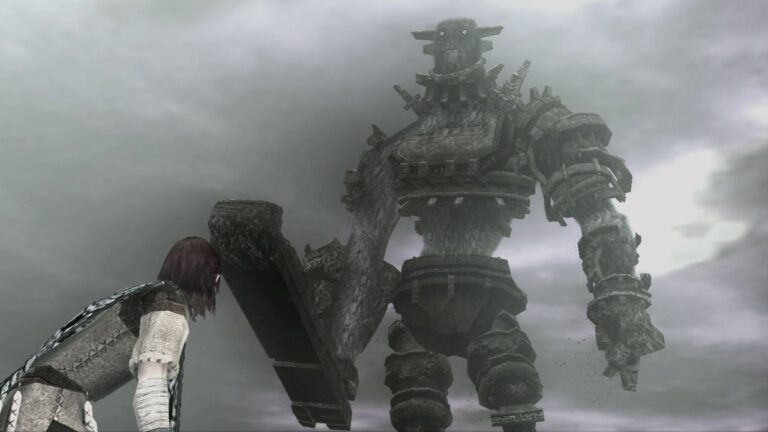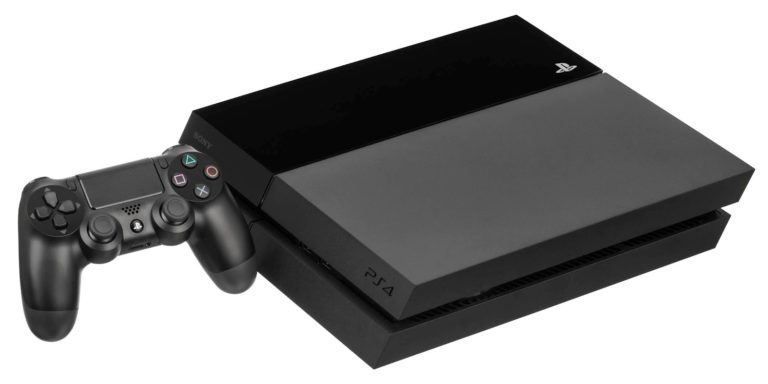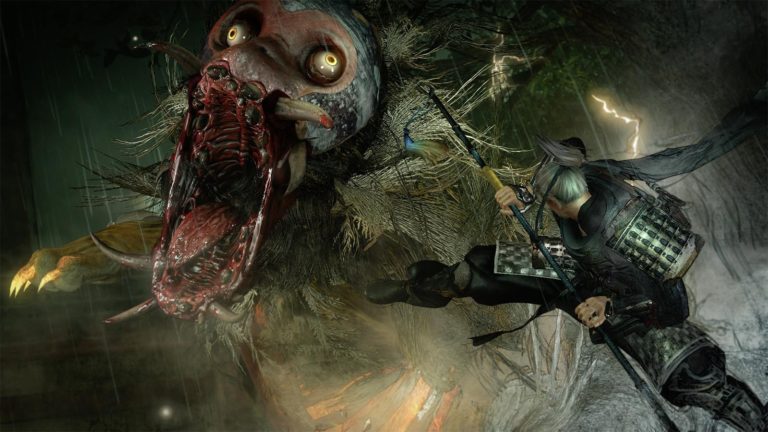25. Star Wars: Knights of the Old Republic (2003, PC) Knights of the Old Republic has some...
nioh
Love The Games – The PS4 has been a massive success and that mainly comes down to...
I’m going to do something slightly different here – normally I’d just be looking at the Dark...


